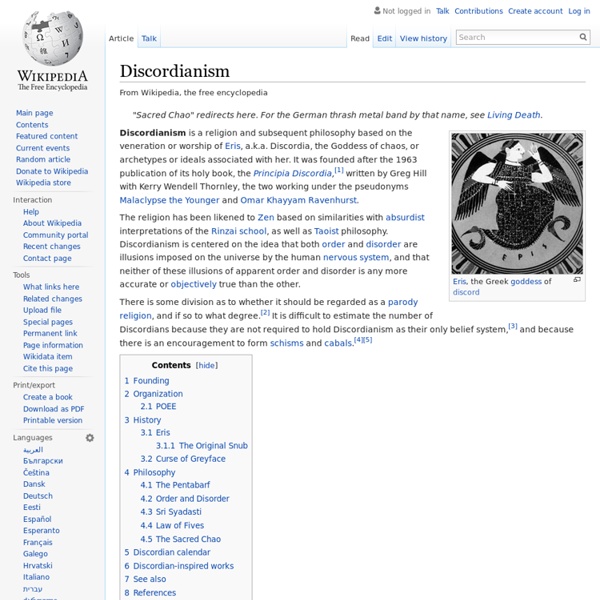Computer virus
Computer viruses currently cause billions of dollars worth of economic damage each year,[14] due to causing systems failure, wasting computer resources, corrupting data, increasing maintenance costs, etc. In response, free, open-source antivirus tools have been developed, and a multi-billion dollar industry of antivirus software vendors has cropped up, selling virus protection to users of various operating systems of which Windows is often the most victimized, partially due to its extreme popularity.[citation needed] No currently existing antivirus software is able to catch all computer viruses (especially new ones); computer security researchers are actively searching for new ways to enable antivirus solutions to more effectively detect emerging viruses, before they have already become widely distributed.[15] Vulnerabilities and infection vectors[edit] Software bugs[edit] Social engineering and poor security practices[edit] Vulnerability of different operating systems to viruses[edit]
Absurdism
Absurdism is very closely related to existentialism and nihilism and has its origins in the 19th century Danish philosopher Søren Kierkegaard, who chose to confront the crisis humans faced with the Absurd by developing existentialist philosophy.[3] Absurdism as a belief system was born of the European existentialist movement that ensued, specifically when the French Algerian philosopher and writer Albert Camus rejected certain aspects from that philosophical line of thought[4] and published his essay The Myth of Sisyphus. The aftermath of World War II provided the social environment that stimulated absurdist views and allowed for their popular development, especially in the devastated country of France. Overview[edit] "... in spite of or in defiance of the whole of existence he wills to be himself with it, to take it along, almost defying his torment. Relationship with existentialism and nihilism[edit] Related works by Søren Kierkegaard[edit] What is the Absurd? What, then, is the absurd?
Microcap stock fraud
The "night singer of shares" sold stock on the streets during the South Sea Bubble. Amsterdam, 1720. Microcap stock fraud is a form of securities fraud involving stocks of "microcap" companies, generally defined in the United States as those with a market capitalization of under $250 million. Its prevalence has been estimated to run into the billions of dollars a year.[1][2][3] Many microcap stocks are penny stocks, which the SEC defines as a security that trades at less than $5 per share, is not listed on a national exchange, and fails to meet other specific criteria.[4] Microcap stock fraud generally takes place among stocks traded on the OTC Bulletin Board and the Pink Sheets Electronic Quotation Service, stocks which usually do not meet the requirements to be listed on the stock exchanges. Microcap fraud encompasses several types of investor fraud: Pump and dump[edit] Many penny stocks, particularly those that trade for fractions of a cent, are thinly traded. Chop stocks[edit]
Parody religion
A parody religion or mock religion is an imitation belief system that challenges spiritual convictions of others, often through humor, satire, and/or burlesque (literary ridicule). Often created to achieve a specific purpose related to another belief system, a parody religion can be a parody of several religions, sects, gurus, cults, and or new religious movements at the same time or a parody of no particular religion, instead parodying the concept of religious belief. In some parody religions, emphasis is on making fun and being a convenient excuse for pleasant social interaction among like-minded, e.g. the Church of the SubGenius. Other parody religions target a specific religion, sect, cult, or new religious movement. One approach to parody religion aims to highlight deficiencies in particular pro-religious arguments — the thinking being that if a given argument can also be used to support a clear parody, then the original argument is clearly flawed. Post-modern religions[edit] [edit]
COMA's slaves are Discordian pirates
Malaclypse the Younger
Gregory Hill (21 May 1941 – 20 July 2000[1]), better known by the pen name Malaclypse the Younger, was one of the two writers of the Principia Discordia, along with Kerry Wendell Thornley (aka Lord Omar Khayyam Ravenhurst). He was also adapted as a character in The Illuminatus! Trilogy. Biography[edit] Robert Anton Wilson stated, in the lecture "The I in the Triangle" from 1990, that Greg Hill was at the time the head of a large computer facility owned by one of the largest banks in the United States.[2] Principia Discordia[edit] In 2006, a copy of the first edition of the Principia Discordia was claimed to have been discovered in the President John F. Possessing many titles, including "Omnibenevolent Polyfather of Virginity in Gold", Malaclypse's true identity or position within the Erisian religion is completely unknown. Very little is known about Malaclypse the Elder, the namesake of Mal-2. Illuminatus! Malaclypse the Younger also appears in The Illuminatus! Bibliography[edit]
The Godfather (1972
MAFIA as PARADYGM
CHAOS as a TOOL



